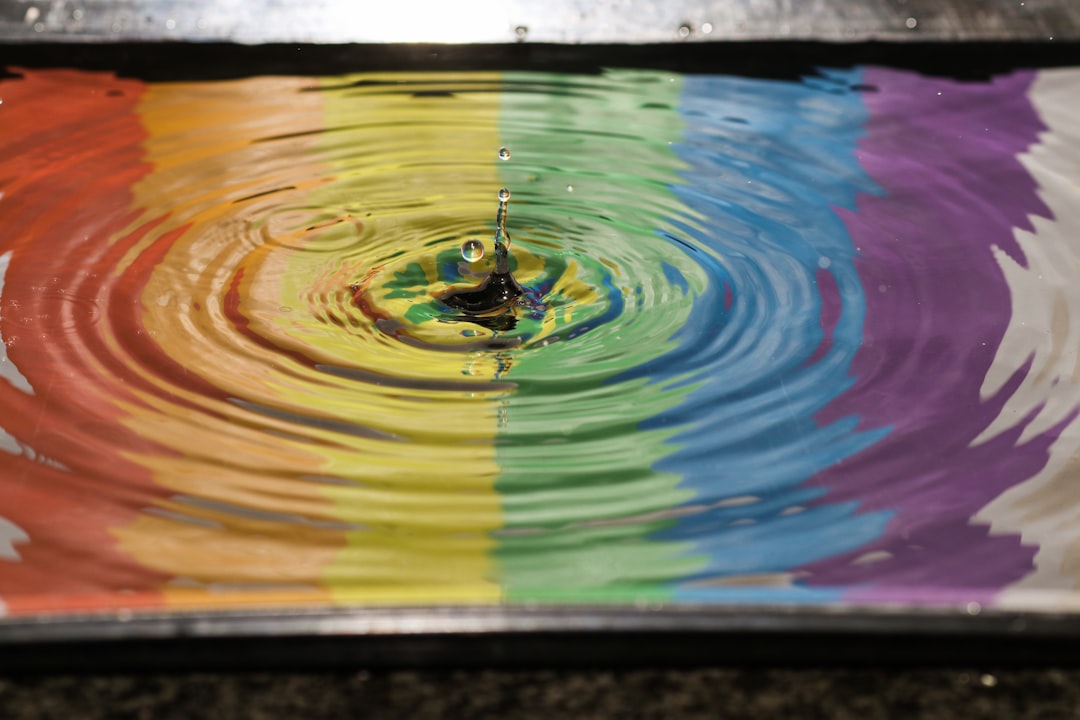Why is Judith Butler Given So Much Space in the Trans Discourse?
Most real life trans people simply don't share Butler's radical agenda

With the release of the book 'Who's Afraid Of Gender?' earlier this year, postmodern feminist philosopher Judith Butler once again became the center of attention of the so-called trans discourse. And once again, some trans people like myself were not very happy. After all, given that Butler's life experience, and hence perspective, is very different from the typical trans person, why should Butler's views be given outsized prominence in the discussion of trans issues? Moreover, while Butler has a society-wide agenda of radical change, most trans people only have a personal agenda of trying to resolve their gender dysphoria.
While Butler wants to fundamentally change society, most trans people only want society to leave them alone. Conflating the two seems highly unfair to me. And it has real world consequences too: 'gender theory', the branch of ideology that Butler arguably pioneered, has often been seen as a force that will radically change society, by rendering biological sex, the concepts of mother and father, and other associated traditions both arbitrary and oppressive, and hence condemned to the dustbin of history. While I'm not sure that Butler is really that radical, I have to admit that some of these criticisms do have some merit at least. The fact is, gender theory really wants to 'deconstruct' gender for the whole society, even when it's not wanted by the vast majority of society.
On the other hand, many trans people just want to live their lives in peace. To do that, they need to resolve their own gender dysphoria. Most trans people certainly do not have an agenda to radically transform society, like Butler does. When trans people say that they are 'trapped in the wrong body', they are describing their own feelings of gender dysphoria, not pondering about whether gender is a social construct or how it can be deconstructed. In other words, the highly politicized, radical theories of Butler et al. have nothing to do with the everyday lives and needs of trans people.
Queer theory, the philosophical school that Butler works in, is also needlessly divisive. In a recent article in The Chronicle of Higher Education, titled How Queer Theory Turned Its Back on Gay Men, authors Tae-ho Kim and Blake Smith give examples of how queer theory encourages 'paranoid thinking' that disparage gay men who don't embrace the identity of being marginalized by society. Examples of such thinking given include the idea that AIDS activism was fueled by male entitlement, gay suicide prevention being motivated by capitalism, and yes, gay men being oppressors of the more marginalized. Just like postmodern critical theory in general, queer theory can't help but keep pitting groups of people against each other, and imagine schemes of powerplay and oppression when they don't really exist. It is exactly why I have argued for The Trans Case Against Queer Theory. It is really unhealthy for those already suffering from gender dysphoria to take on this paranoid victim mentality too.
Think about this: trans people are already suffering from gender dysphoria in our everyday lives. Our 'participation' in the gender discourse is not optional, we are forced to be there by the forces of circumstances, if only to defend ourselves from those who really want to make life difficult for us. Trans people also have the most to lose from gender theory radicalism leading to a political backlash, despite many of us being moderate people who want no part in this radicalism. The radical ideology of people like Butler has been weaponized against trans people as a whole, with political effects on even those who just want to be left alone to resolve their own gender dysphoria, and get on with their own lives. Therefore, it can be argued that the prominence and privilege people like Butler enjoy is built on the undeserved suffering and anxiety of at least some trans people in society. Given this, shouldn't the voices of everyday trans people, rather than radical academics speculating about gender being a social construct, be given more prominence in the trans discourse? This would be well justified, from the perspectives of social justice, compassion, 'do no harm' and common sense alike. Yet this is what the mainstream media has refused to do so far. The choices of the people working in mainstream media has meant that Judith Butler's theoretical ideas become headlines, the reality of trans lives are ignored, and polarization in the trans discourse keeps getting worse, with dangerous real world effects. The media is the problem here. Something really needs to change.
Finally, in the book, Judith Butler argues that, in the face of the political backlash against LGBT rights, and the rise of authoritarian culture war politics, people who disagree with each other have to work together to resist these developments. I can certainly get behind this, on principle. But firstly, I have to ask Butler, if the price for protecting LGBT rights is the decentering of your radical ideas, could you get behind that? Because, frankly, I think this is what needs to be done. It is Butler's radicalism, and the radicalism of people like Butler, that is making trans people a target for culture war reactionaries, while drowning out the voices of more moderate trans people. This needs to be said out loud.
TaraElla is a singer-songwriter and author, who is the author of the Moral Libertarian Manifesto and the Moral Libertarian book series, which argue that liberalism is still the most moral and effective value system for the West.
She is also the author of The Trans Case Against Queer Theory and The TaraElla Story (her autobiography).


